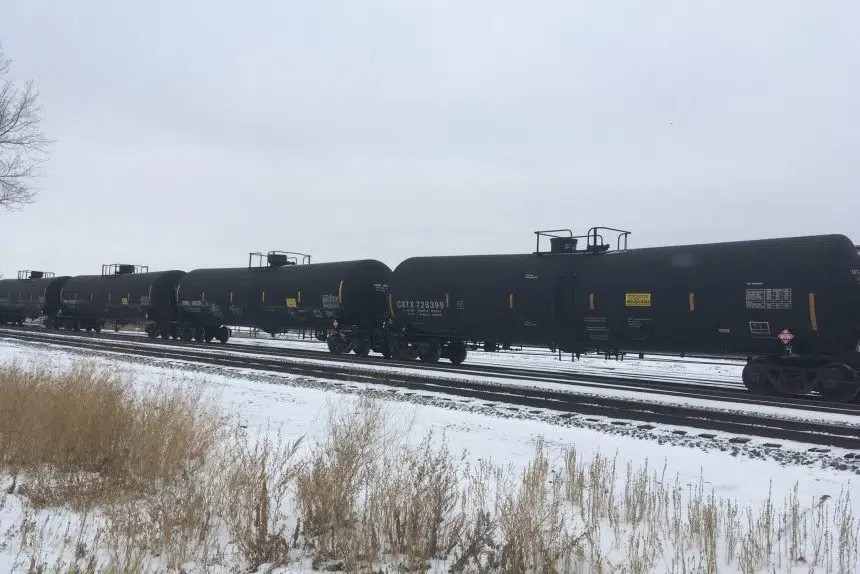Western Canada is in the grip of an oil crisis, thanks to tanking oil prices of heavier crude and a backlog of supply.
As of Monday afternoon, Western Canadian Select (WCS), the heavier grade of oil produced in Alberta and western Saskatchewan, was selling at $14.68 per barrel — more than $40 less than the North American benchmark value for crude oil, West Texas Intermediate (WTI), which was selling for $57.38.
Canadian Association of Petroleum Producers president Tim McMillan says the backlog is due to a lack of pipeline infrastructure for getting the heavy-grade oil to market, both in the U.S. and beyond.
He said Canada is losing $50 million a day, along with jobs and projects, because of the backlog.
“Companies are shutting in production, voluntarily. And we’re seeing drilling programs shifted out of Canada to other jurisdictions,” he said, adding that the backlog is scaring away future financers.
“Investors have really just put a red circle around Canada, and said, ‘until you guys can sort out the situation, we’re not interested,'” McMillan said.
He said that if large-scale oil pipeline projects like TransCanada’s Keystone XL and the federal government’s recently acquired Trans Mountain were operational, they would ease the backlog and help raise WCS selling prices.
In Alberta, the backlog has prompted Cenovus Energy CEO Alex Pourbaix to ask the provincial NDP to impose temporary production cuts as a way to regulate the price of WCS.
Saskatchewan’s energy and resources minister Bronwyn Eyre says that’s not going to happen in this province.
“It strikes me as a bit defeatist, imposing what would be a quasi-OPEC-like structure in a free-market province like ours.
That would be suddenly dictating production levels,” she said. “If we shut in a certain percentage of wells, of course we forego royalties.”
Eyre said what the province can now do is monitor rail carriers to ensure they are increasing the amount of crude they are shipping, in terms of load and frequency.
If the backlog and price slump continue over an entire year, Eyre said the province would lose about $500 million in royalties, and the oil industry here would take $7 billion hit.











